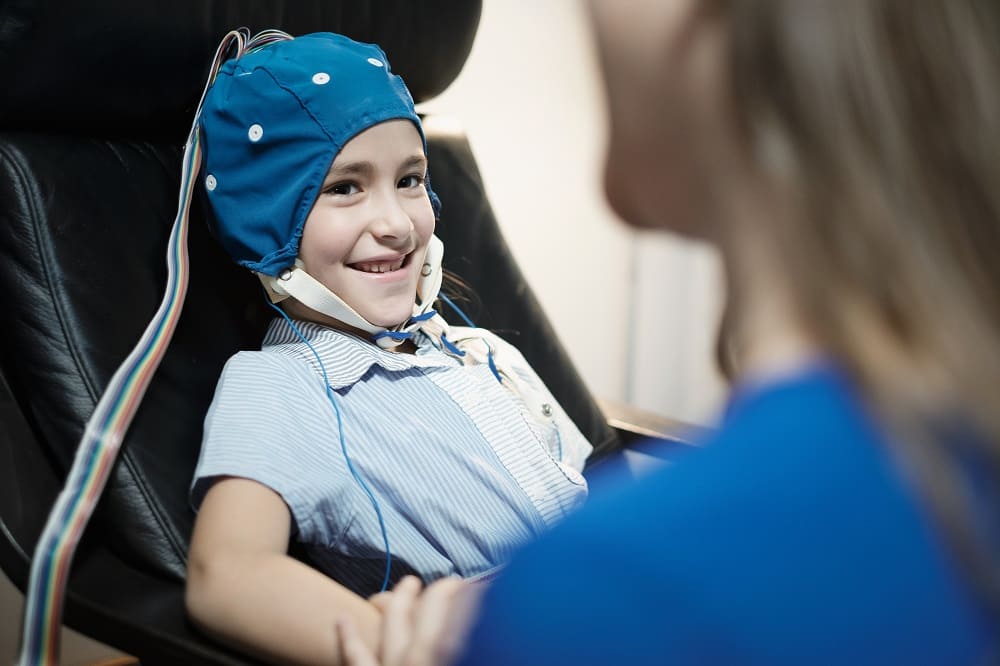What Can You Do About Stress?
Stress tends to trigger the fight, flight, or flee response which is supposed to be an emergency state which lasts for only a short time. When there is not a short-term emergency requiring a physical response then the state can last for a long time. It may also be triggered repeatedly over a long period of time. When this happens, negative symptoms including pain, headaches, cardiovascular problems, and insomnia can result.
Read more





